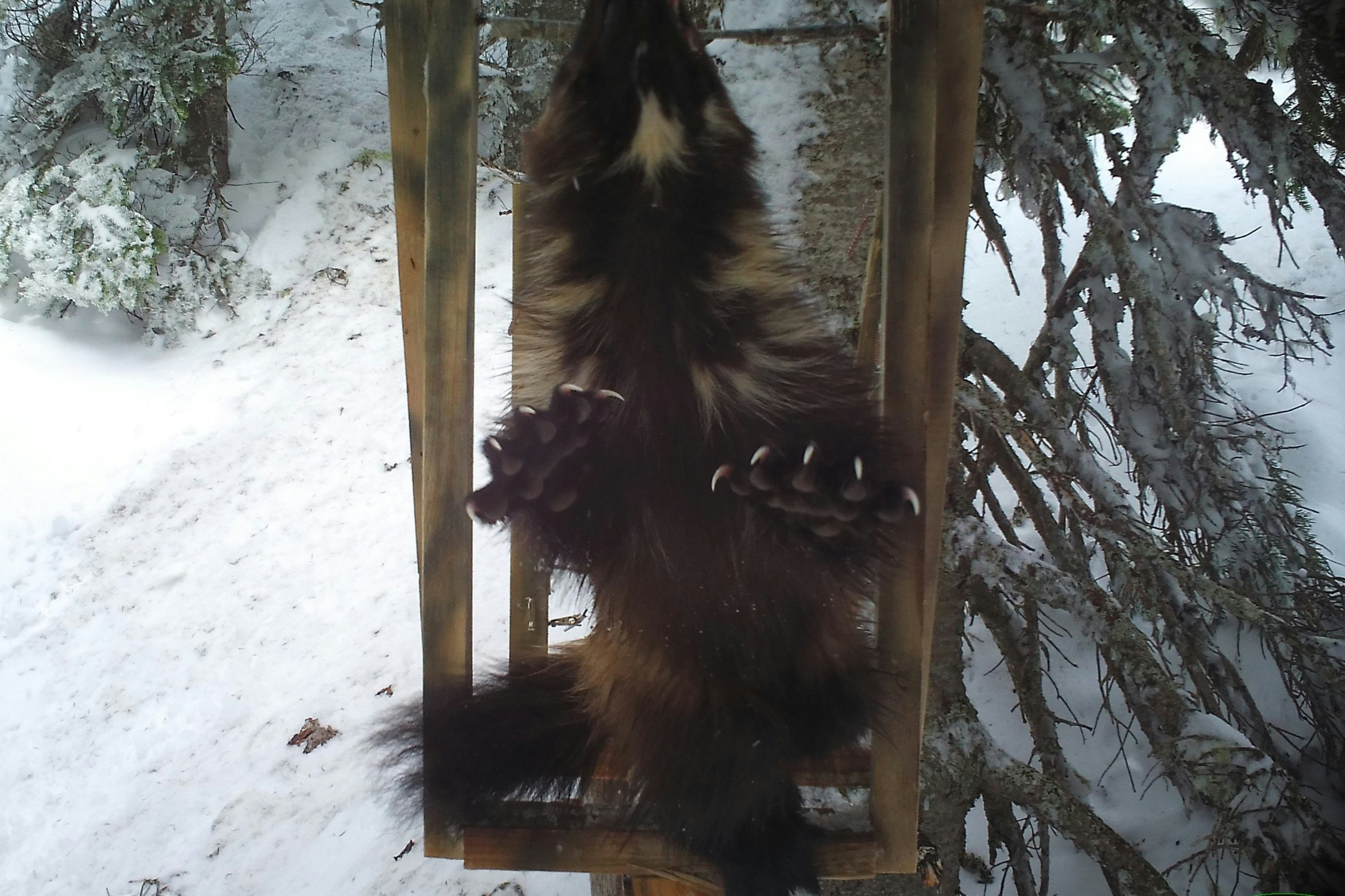Wolverines return to Mt Rainier National Park after more than 100 years
Aug 28, 2020 • 2 min read

Wolverines are extremely rare in the US © Vladislav T. Jirousek/Shutterstock
A family of wolverines has been spotted in Mt Rainier National Park in Washington for the first time in 100 years. The mother and her two kits have set up a den there, and they were filmed by wildlife cameras set up by the Cascades Carnivore Project, in collaboration with the National Park Service.

Wolverines are extremely rare in the US and there are estimated to be only 300-1000 individual wolverines in the lower 48 US states. Back in 2018, scientists had hoped that wolverines might start returning to Mount Rainier National Park as there were confirmed sightings in the adjacent area and suitable wilderness habitat in the park. They installed camera stations designed to photograph and identify individual wolverines, and the mother wolverine, who has been named Joni, was identified as a nursing female.
Locations of the den and camera stations have not been released to protect wolverines from potential harm or accidental disturbance. According to park ecologist, Dr Tara Chestnut, wolverines are solitary animals, and despite their reputation for aggressiveness in popular media, they pose no risk to park visitors. "If you are lucky enough to see one in the wild, it will likely flee as soon as it notices you,” she says.

With support from Washington’s National Park Fund, the park has developed a new carnivore tracking guide that visitors can download before recreating in its public lands. The guide will help backcountry enthusiasts, skiers, snowshoers and snowmobilers learn how to recreate while minimizing disturbance to the wolverines. Park visitors can report any wildlife observations or photos of wolverine tracks to the Mt Rainier online wildlife observations database.
Naturally, the park is very happy about its newest residents. “It’s really, really exciting," says Chip Jenkins, park superintendent. "It tells us something about the condition of the park — that when we have such large-ranging carnivores present on the landscape, we’re doing a good job of managing our wilderness.”
For more information on Mount Rainier National Park, please visit the park’s website here.
Lockdowns are easing globally as the planet adjusts to a new normal. Find out how COVID-19 is changing travel.
You might also like:
How wildlife is crossing the Trans-Mongolian Railroad for the first time in decades
These Galápagos tortoises have returned home after saving their species



